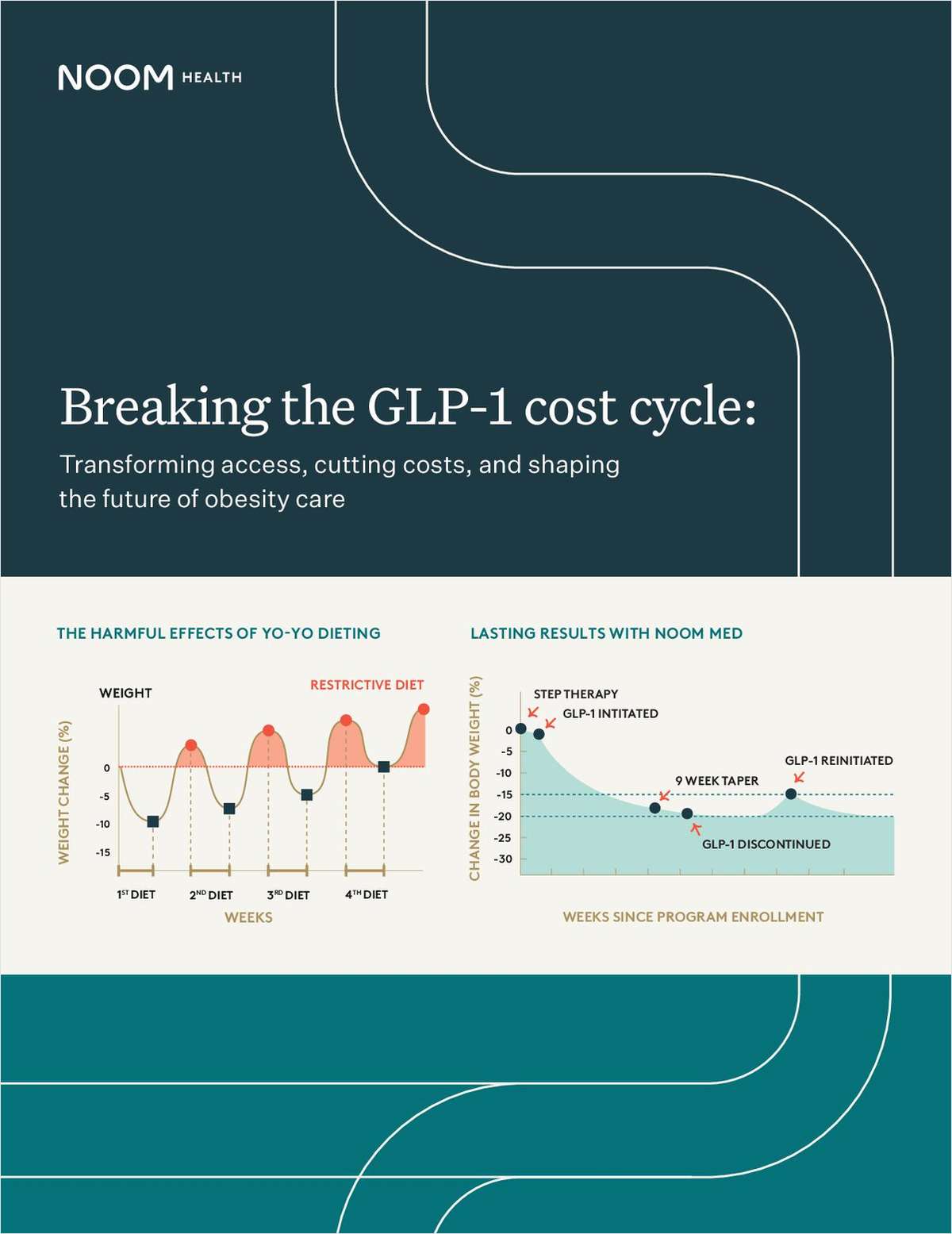2nd Circuit Sides With Direct Energy Services in Rate Hike Dispute
Connecticut resident Gary Richards had sued private electricity supplier Direct Energy Services LLP, claiming it unfairly hiked prices by switching from a fixed to variable rate. A Second Circuit panel, ruling 2-1, upheld a lower court ruling that sided with the electricity supplier.
February 06, 2019 at 12:49 PM
4 minute read
 Photo by Lane V. Erickson/Shutterstock.com
Photo by Lane V. Erickson/Shutterstock.com
A three-judge panel with the U.S. Court of Appeals for the Second Circuit has affirmed a lower court's ruling for summary judgment in favor of a power company accused of bait-and-switch billing that left consumers paying more for electricity.
The ruling came in the case of Connecticut resident Gary Richards' 2014 suit against Direct Energy Services LLP.
Richards claimed the company misled consumers into thinking they were saving money with a promise to guarantee a fixed electricity rate for 12 months, but then switched to a variable rate for three months. While the fixed rate was 10 percent lower than the state-approved electricity rate, the lawsuit says the steep variable rate wiped out those savings.
Richards, who had a contract with the company in 2012 and 2013, had sought class certification on behalf of clients of the private electricity supplier accused of unfairly hiking its rates. He alleged breach of contract, deceptive and unfair trade practices and unjust enrichment under the Connecticut Unfair Trade Practices Act.
In March 2017, U.S. District Judge Victor Bolden in Connecticut granted summary judgment for the defense, quashing the lawsuit. He did not address class certification because the issue was moot after summary judgment.
Richards and his attorneys brought a challenge in the Second Circuit, which heard oral arguments last April. They got their answer Monday, when the panel voted 2-1 to affirm Bolden's ruling.
Writing for the majority, Judge Debra Ann Livingston found: “Richard's principal claim is that Direct Energy breached its contract with Richards and violated state unfair and deceptive trade practices law by not pegging its variable rate to Direct Energy's procurement costs. We disagree. By the contract's plain terms, Direct Energy promised that the variable rate would be set in its discretion and that it would reflect business and market conditions, a phrase which encompasses more than just procurement costs.”
Writing though for the dissent, Judge Rosemary Pooler had harsh words for Direct Energy.
“Direct Energy sucked customers in with an appealing teaser rate only to later jack up the cost when those customers would not notice,” Pooler wrote. “The temptation of this siren-like path was no accident. Direct Energy created glide paths to ensure customers were lulled into inattentiveness. It ramped up rates for those who were inattentive to begin with. And, then, it capitalized on its customers' lack of awareness.”
In his complaint, Richards asserts the fixed rate was 7.45 cents per kilowatt hour when the rate was fixed but was hiked up about 30 percent to 10.64 cents per kilowatt hour when the variable rate kicked in.
Plaintiff counsel Craig Raabe said Richards was mulling his next move, which could include an appeal to the U.S. Supreme Court, or a bid for an en banc review in the Second Circuit.
“We are exploring our options with our client,” Raabe said.
Raabe, a partner with West Hartford's Izard, Kindall & Raabe, said of the ruling: “Even the majority recognized that the savings from the fixed rate were eliminated in just three months when Mr. Richards was converted to the variable rate.”
On Pooler's dissent, Raabe said, “She got it right.”
Assisting Raabe was partner Robert Izard.
The lawsuit had sought tens of millions of dollars for a prospective class.
Michael Matthews, James Chambers, Hutson Smelley and Robert Debelak III, all of McDowell & Hetherington, represented the defense. None of the attorneys responded to a request for comment Wednesday.
In court papers, the defendants denied any wrongdoing and reiterated that variable rates increased at the company's discretion and were due to business and market conditions.
This content has been archived. It is available through our partners, LexisNexis® and Bloomberg Law.
To view this content, please continue to their sites.
Not a Lexis Subscriber?
Subscribe Now
Not a Bloomberg Law Subscriber?
Subscribe Now
NOT FOR REPRINT
© 2025 ALM Global, LLC, All Rights Reserved. Request academic re-use from www.copyright.com. All other uses, submit a request to [email protected]. For more information visit Asset & Logo Licensing.
You Might Like
View All
Trump Administration Faces Legal Challenge Over EO Impacting Federal Workers
3 minute read
Settlement Allows Spouses of U.S. Citizens to Reopen Removal Proceedings
4 minute read
Trending Stories
- 1Divided Eighth Circuit Sides With GE's Timely Removal of Indemnification Action to Federal Court
- 2Former U.S. Dept. of Education Attorney Suspended for Failure to Complete CLE Credits
- 3ArentFox Schiff Adds Global Complex Litigation Partner in Los Angeles
- 4Bittensor Hackers, Accused of Stealing Over $28 Million, Face Federal Lawsuit
- 5In Novel Oil and Gas Feud, 5th Circuit Gives Choice of Arbitration Venue
Who Got The Work
J. Brugh Lower of Gibbons has entered an appearance for industrial equipment supplier Devco Corporation in a pending trademark infringement lawsuit. The suit, accusing the defendant of selling knock-off Graco products, was filed Dec. 18 in New Jersey District Court by Rivkin Radler on behalf of Graco Inc. and Graco Minnesota. The case, assigned to U.S. District Judge Zahid N. Quraishi, is 3:24-cv-11294, Graco Inc. et al v. Devco Corporation.
Who Got The Work
Rebecca Maller-Stein and Kent A. Yalowitz of Arnold & Porter Kaye Scholer have entered their appearances for Hanaco Venture Capital and its executives, Lior Prosor and David Frankel, in a pending securities lawsuit. The action, filed on Dec. 24 in New York Southern District Court by Zell, Aron & Co. on behalf of Goldeneye Advisors, accuses the defendants of negligently and fraudulently managing the plaintiff's $1 million investment. The case, assigned to U.S. District Judge Vernon S. Broderick, is 1:24-cv-09918, Goldeneye Advisors, LLC v. Hanaco Venture Capital, Ltd. et al.
Who Got The Work
Attorneys from A&O Shearman has stepped in as defense counsel for Toronto-Dominion Bank and other defendants in a pending securities class action. The suit, filed Dec. 11 in New York Southern District Court by Bleichmar Fonti & Auld, accuses the defendants of concealing the bank's 'pervasive' deficiencies in regards to its compliance with the Bank Secrecy Act and the quality of its anti-money laundering controls. The case, assigned to U.S. District Judge Arun Subramanian, is 1:24-cv-09445, Gonzalez v. The Toronto-Dominion Bank et al.
Who Got The Work
Crown Castle International, a Pennsylvania company providing shared communications infrastructure, has turned to Luke D. Wolf of Gordon Rees Scully Mansukhani to fend off a pending breach-of-contract lawsuit. The court action, filed Nov. 25 in Michigan Eastern District Court by Hooper Hathaway PC on behalf of The Town Residences LLC, accuses Crown Castle of failing to transfer approximately $30,000 in utility payments from T-Mobile in breach of a roof-top lease and assignment agreement. The case, assigned to U.S. District Judge Susan K. Declercq, is 2:24-cv-13131, The Town Residences LLC v. T-Mobile US, Inc. et al.
Who Got The Work
Wilfred P. Coronato and Daniel M. Schwartz of McCarter & English have stepped in as defense counsel to Electrolux Home Products Inc. in a pending product liability lawsuit. The court action, filed Nov. 26 in New York Eastern District Court by Poulos Lopiccolo PC and Nagel Rice LLP on behalf of David Stern, alleges that the defendant's refrigerators’ drawers and shelving repeatedly break and fall apart within months after purchase. The case, assigned to U.S. District Judge Joan M. Azrack, is 2:24-cv-08204, Stern v. Electrolux Home Products, Inc.
Featured Firms
Law Offices of Gary Martin Hays & Associates, P.C.
(470) 294-1674
Law Offices of Mark E. Salomone
(857) 444-6468
Smith & Hassler
(713) 739-1250











